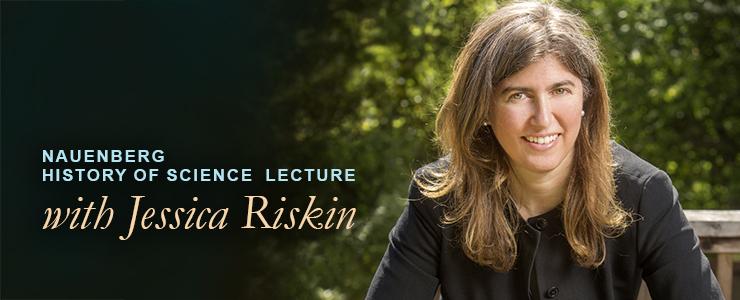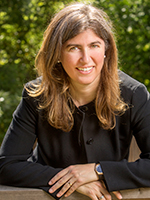Professor of Insects and Worms: Jean-Baptiste Lamarck and his Life-Made World
Jean-Baptiste Lamarck (1744-1829) was the Professor of Insects and Worms at the Museum of Natural History in Paris. Living through the storms of the French Revolution and Napoleonic period, he founded biology, coining the term to name a new science devoted to all and only living things, and authored the first theory of evolution. Lamarck's science was foundational to modern biology, yet its radicalism - he usurped God's monopoly on Creation and re-assigned it to mortal, living beings - brought him and his ideas plenty of trouble. During Lamarck’s lifetime, Napoleon and his scientific inner circle hated him and did what they could to undermine him. Charles Darwin then adopted central elements of Lamarck's theory, but after Darwin's death, his most influential followers re-interpreted his theory to eradicate all traces of Lamarckism, rendering organisms once again the passive objects of outside forces, allowing room for an omnipotent God working behind the scenes. This conception of living organisms as passive in the evolutionary process has remained dominant since the turn of the twentieth century. In contrast, in Lamarck's theory, living beings were active, creative, self-making and world-making. Elements of this very different conception of living organisms have recently, gradually been returning to mainstream biology in fields such as niche construction and epigenetic inheritance. The lecture will present Lamarck’s radical, embattled, and perhaps re-emerging approach to living things, their evolutionary and ecological agency, and the science that studies them.
May 8, 2025
Reception 5 p.m.
Lecture 5:30 p.m.
La Feliz Room, Seymour Marine Discover Center and Virtual
The 2025 Nauenberg History of Science Lecture is presented by the UC Santa Cruz Emeriti Association and co-sponsored by the Ecology and Evolutionary Biology Department, History Department, and Science and Justice Research Center.
|
|
Jessica Riskin is Frances and Charles Field Professor of History at Stanford University where she teaches modern European history and the history of science. Her work examines the changing nature of scientific explanation, the relations of science, culture and politics, and the history of theories of life and mind. Her books include The Restless Clock: A History of the Centuries-Long Argument over What Makes Living Things Tick (2016), which was awarded the 2021 Patrick Suppes Prize in the History of Science from the American Philosophical Society, and Science in the Age of Sensibility (2002), which received the American Historical Association's J. Russell Major prize for best book in French history. She is a regular contributor to various publications including Aeon, the Los Angeles Review of Books and the New York Review of Books. |
Nauenberg History of Science Lecture
The Nauenberg History of Science Lecture is presented by the UC Santa Cruz Emeriti Association. The lecture series honors Michael Nauenberg (1934–2019), a founding faculty member in the Physics Department at UCSC, who strongly believed in supporting scholarship connecting the sciences with the humanities.
Inaugural Lecture
Nauenberg History of Science Lecture was established in honor of Michael Nauenberg, a founding faculty member in the Physics Department at UCSC who came to the campus in 1966. During his distinguished academic career, he contributed to a remarkably broad range of fields, including particle physics, condensed matter physics, astrophysics, chaos theory, fluid dynamics, and the history of physics in the 17th-18th centuries.



